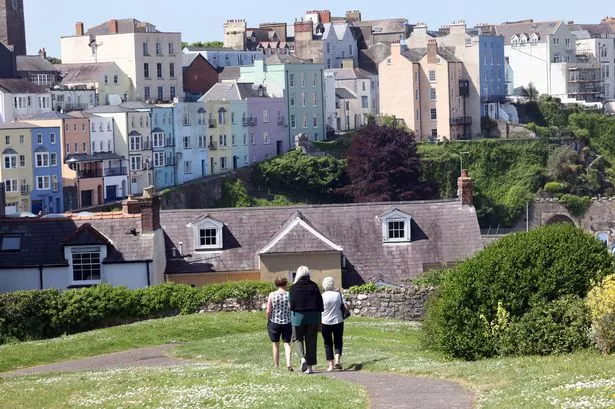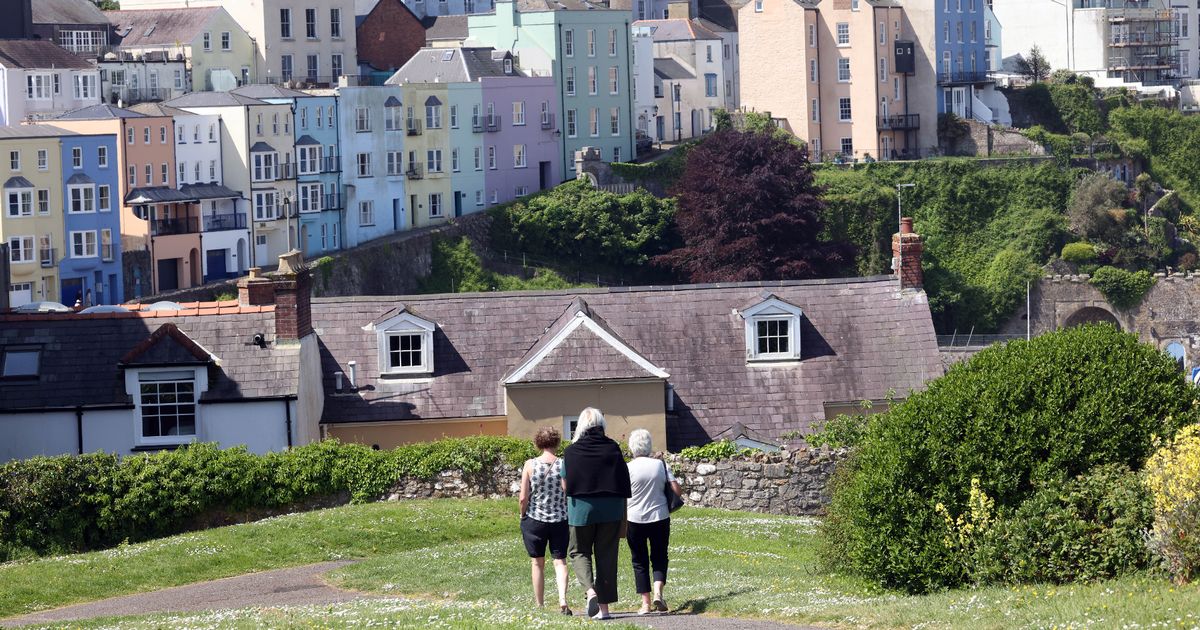The plans to charge overnight visitors to Wales have now been passed. This is exactly what it means, when it could start, and the exemptions that apply
16:49, 08 Jul 2025Updated 09:19, 10 Jul 2025
 (Image: WalesOnline/Rob Browne)
(Image: WalesOnline/Rob Browne)
Plans for a tourism tax in Wales have passed their final parliamentary hurdle and from 2027 tourists staying overnight in Wales could be charged up to £1.30 per person per night to stay here.
The law was introduced by the Welsh Government which says it will help local communities pay for the services tourists need. It will be up to each of Wales’ 22 councils to decide if they want to introduce it. The earliest date is can come into force is 2027.
The introduction of the law has been controversial. In political terms the Welsh Conservatives have opposed it, saying the party will scrap it if it gets into power in 2026.
Tourism businesses have broadly opposed it, saying it is the latest measure which will increase their workload, and could put people off visiting Wales. For our free daily briefing on the biggest issues facing the nation, sign up to the Wales Matters newsletter here.
Here’s all you need to know about exactly what the new law means:
What’s the point of it?
It is designed, the Welsh Government says, to raise new money which can then be invested into local services and infrastructure to support tourism in their area.
The Welsh Government says it will help communities “respond to the costs associated with tourism”. They say it will help improve things like toilets, footpaths, beaches, and support visitor centres to benefit visitors and locals alike.
You can read the reasons in support of the levy here.
How much is it?
There are two levels of charges:
- 75p per person per night for those staying at campsites (pitches) and hostels excluding people under the age of 18
- £1.30 per person per night for those staying in all other visitor accommodation types (all ages)
When could it come into force?
The earliest date the charges could be enforced would be 2027.
Does it cover Airbnbs?
It will apply at one of two rates to anyone staying in Wales overnight whether in an Airbnb, Vrbo, or short-term let, or hotel, hostel, or campsite.
Will it be brought in everywhere in Wales?
Each of Wales’ councils will be asked to decide if it wants to introduce the levy and they would have to consult with residents before doing so. A few areas, like Anglesey and Cardiff, have said they will introduce the levy. However when we asked all Wales’ 22 councils about their plans few gave a definite commitment.
Are there any exemptions?
The levy will not be payable for stays in visitor accommodation where the:
- Stay is longer than 31 days;
- Stay is at an individual’s sole or main residence;
- The stay is for emergency or temporary housing arranged by the local authority.
If a stay is due to an emergency situation, eg. if a visitor’s home is uninhabitable due to fire or flood, they may be able to seek a refund from the Welsh Revenue Authority.
Disabled people who pay additional levy costs when accompanied by a carer will also be able to claim a refund.
How much will it raise?
If all councils introduce it it could raise £33m a year. Cardiff council, which is one of those which has said it will bring in the charge, says it could raise up to £4m a year and that money would be used to promote Cardiff as a tourist destination.
What are the drawbacks to it?
There are concerns about what will happen if the number of visitors to Wales drops as a result of the levy in terms of the impact on jobs and the economy.
More than 700 jobs could be lost, an impact assessment of the proposals found. Calvin Jones of Cardiff Business School and Welsh Government looked at the potential economic impact of the levy.
In its worst-case scenario the economic output hit to the sector was measured at a loss of £47.5m with 730 jobs lost in the private sector. For the neutral scenario the reports estimates around 485 full-time equivalent workforce jobs would be lost following the introduction of the visitor levy with the majority in accommodation and food services but also losses in areas like retail and transport. This is based on a modelled forecast of a 1.6% drop in visitor numbers.
Who opposes it?
Tourism businesses oppose the levy saying it has the potential to stop people coming to Wales but are also unhappy about the impact it will have on them.
Providers will be responsible for paying the levy and will then pass it on to visitors if they want to.
Opponents say it is another thing being introduced by Welsh Government which will negatively affect them.
They quote the introduction of the 182-day rule (requirement for self-catering holiday lets to be commercially let for at least 182 days in a 12-month period to qualify for business rates rather than council tax) as well as the cost of business rates and council tax.
The Wales Tourism Alliance has previously said: “What has been proposed will instead increase the costs for tourism and hospitality businesses, which will be passed on to our visitors, without any perceived ‘added value’. We are also disappointed that there is no clear commitment that the funding raised by the levy will be dedicated to improving the visitor experience in Wales.”
The group had also said: “Welsh tourism provision is more fragile than it has been for many years and the timing of this proposal is adding to the pressure rather than being a small part of relieving it.”
The Welsh Conservatives also oppose it.
